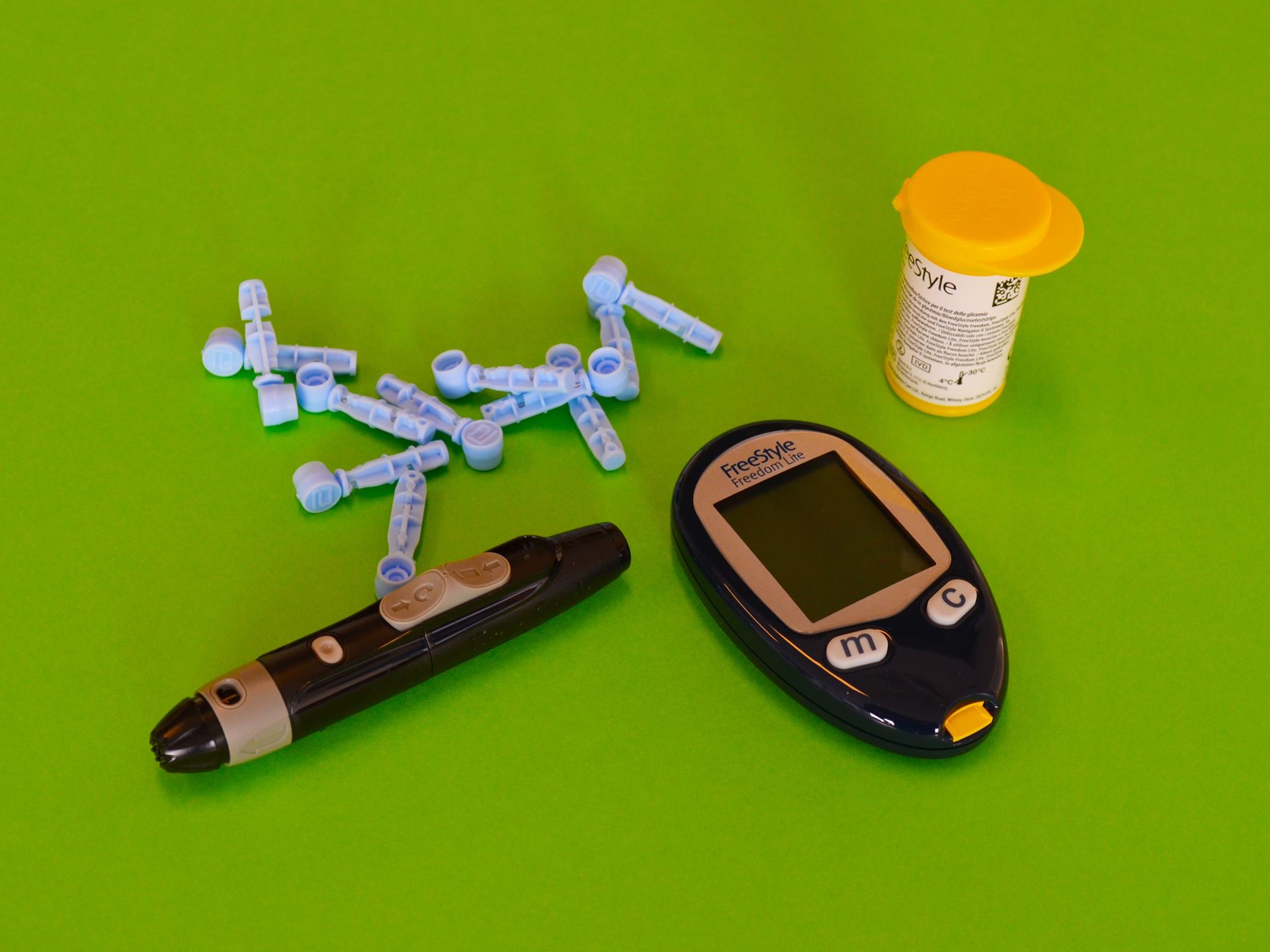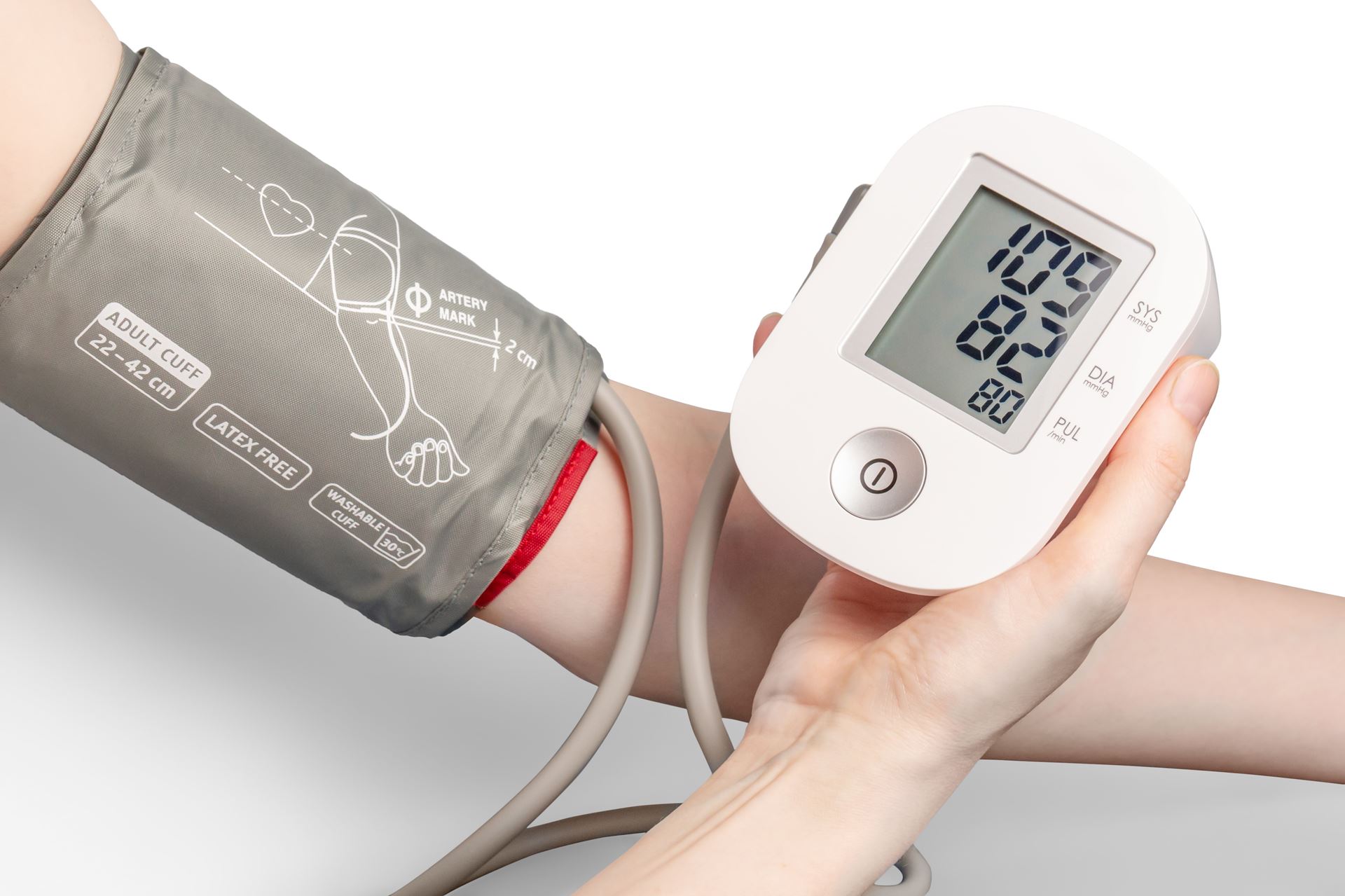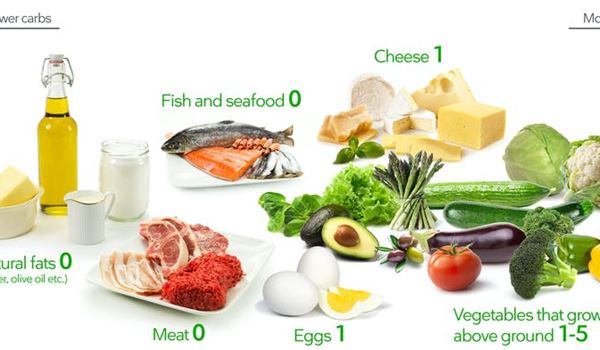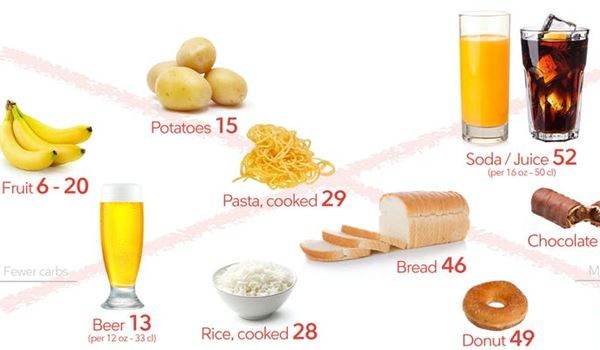Diabetes is a condition that occurs when your blood glucose (sugar) is too high. Blood glucose comes from breaking down the food you eat, it is your main cellular energy source and acts as fuel for all the processes needed for life. Insulin, a hormone made by the pancreas, helps glucose get into your cells. If your body cannot make enough Insulin (people with Type 1 diabetes and some with Type 2), or your body cannot use the Insulin effectively (Type 2), your blood glucose will be too high.
Type 2 Diabetes mostly affects people from mid life onwards and is more common than Type 1 Diabetes. If Diabetes is not reversed or managed properly, blood glucose levels remain high and long term serious complications can occur, including:
- Nerve damage (neuropathy)
- Cardiovascular disease
- Stroke
- Kidney damage (diabetic nephropathy) or kidney failure
- Damage to the blood vessels of the retina (diabetic retinopathy), potentially leading to blindness
- Clouding of the normally clear lens of your eye (cataract)
- Feet problems caused by damaged nerves or poor blood flow that can lead to serious skin infections, ulcerations, and in some severe cases, amputation
- Erectile dysfunction
- Bone and joint problems
- Teeth and gum infections







